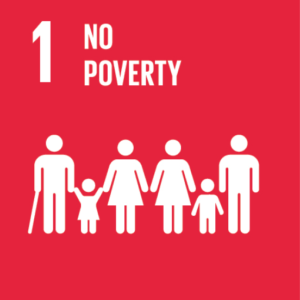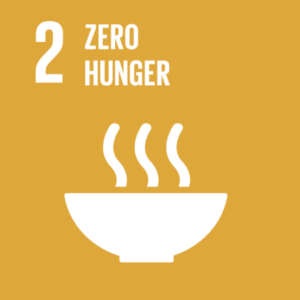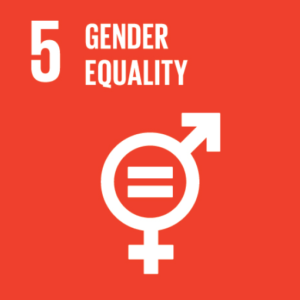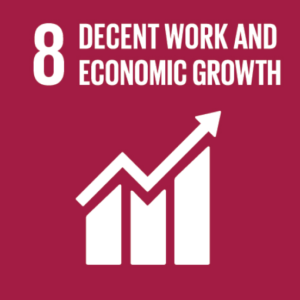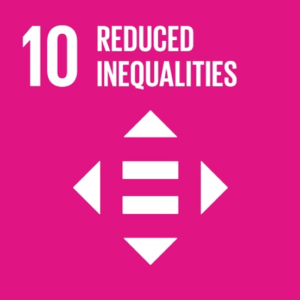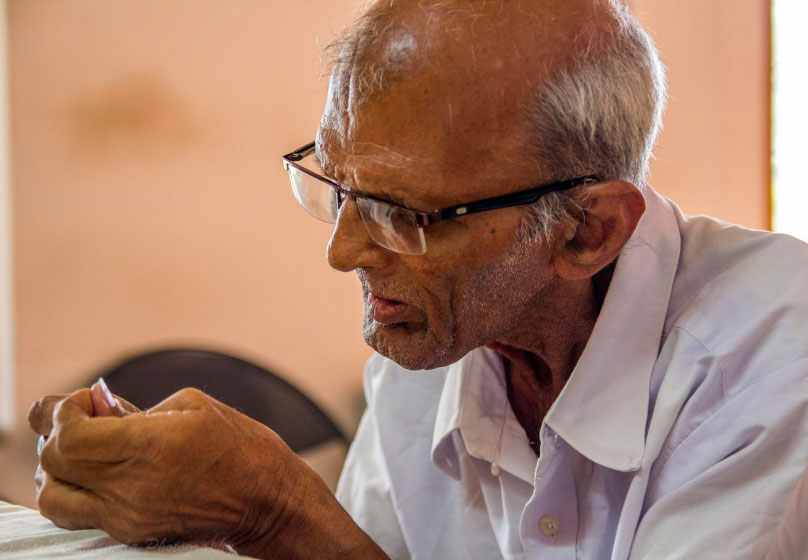

Prosper II
Background issues
Globally, 1.1 billion people lack a simple pair of reading glasses to correct impaired near vision, called presbyopia. Presbyopia, the essentially universal decline in unaided near vision that occurs with aging, can begin as early as age 30 years, but commonly becomes functionally apparent by 40, and is essentially complete by 55, meaning that presbyopia is most common at the height of the working years. PROSPER I showed the impact that the provision of reading glasses has on the productivity of agricultural workers. PROSPER II is designed to investigate whether productivity gains can be achieved in another major industry, the textile industry.
Trial design
PROSPER II (PROductivity Study of Presbyopia Elimination in Rural-dwellers) is a randomised controlled trial that will evaluate whether providing glasses to textile workers in India will lead to an increase in workplace productivity. 500 consenting adults age 30 years or older with uncorrected presbyopia will be randomly assigned to either an intervention group or control group. People in the intervention group will receive reading glasses at the beginning of the trial, and people in the control group will receive free glasses at the end of the trial if they need them.
Outcomes
We will analyse the difference in the change in mean workplace efficiency between intervention and control group . Efficiency will be calculated as the proportion of target production realized by a worker per unit time.
The Chinese government announced in late August 2018 that it was planning a national comprehensive program for management of children’s myopia. One of the strongest arguments for the Chinese government to expand and continue such national programs of vision screening and spectacle distribution, as other low and middle-income countries have done, is growing trial evidence that provision of spectacles significantly improves children’s educational outcomes.
Timeline
3 months.
ClinicalTrials.gov Identifier: NCT04077086
